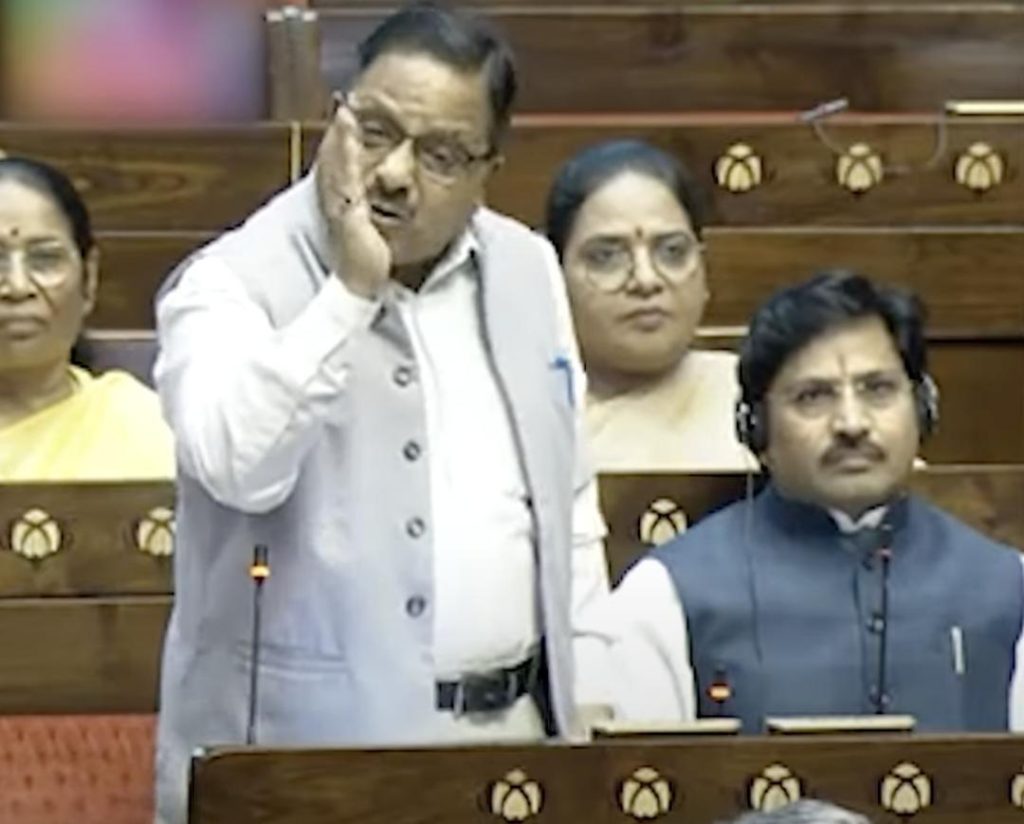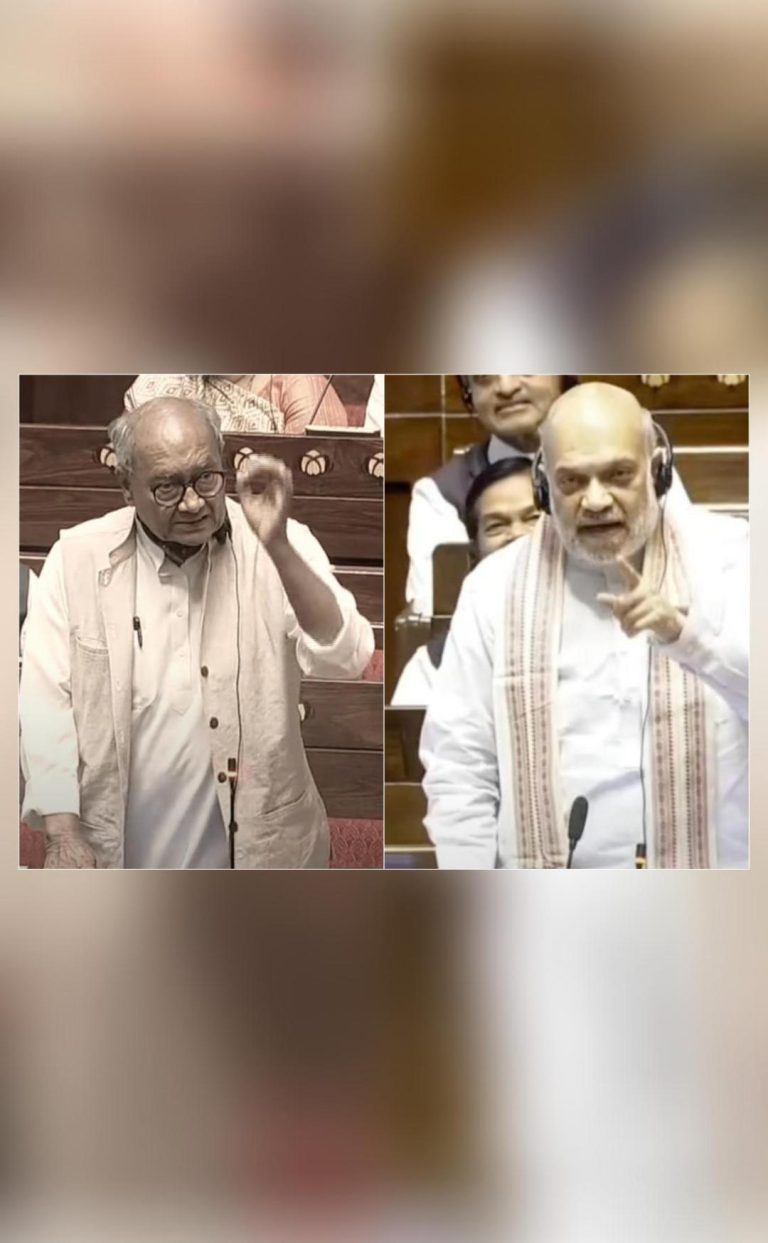
Should I Read Quran and Tell You What’s Written in It: BJP MP Radha Mohan Das on Waqf Bill
In a recent discussion on the Waqf Bill, a BJP MP, Radha Mohan Das, sparked controversy by asking if he should read the Quran and share its contents with the public. The statement was made during a debate on the bill, which aims to regulate the management of Waqf properties in India. The MP’s comment has raised eyebrows and sparked a heated debate on social media, with many questioning his motives and others defending his right to discuss the Quran.
To understand the context of Radha Mohan Das’ statement, it is essential to know what the Waqf Bill is all about. The bill seeks to reform the Waqf Act of 1995, which governs the management of Waqf properties in India. These properties are endowed to religious institutions and charitable trusts, and the bill aims to ensure their proper management and accountability.
During the discussion, Radha Mohan Das pointed out that the Quran, the holy book of Islam, emphasizes the importance of keeping written records of transactions. He cited a specific verse from the Quran, which states that even if one rupee is given to anyone, there should be a written record. He then contrasted this with the Waqf Board’s management of properties, saying that they have many properties without a record.
Radha Mohan Das’ statement raises several questions. Is he genuinely interested in understanding the Quran and its teachings, or is he using it as a tool to attack the Waqf Board and the Muslim community? Is his statement a sincere attempt to highlight the importance of accountability and transparency in the management of Waqf properties, or is it a calculated move to polarize the debate and create a rift between different communities?
One of the main concerns raised by Radha Mohan Das’ statement is the potential for misinformation and misinterpretation. As a non-Muslim, Radha Mohan Das may not have a deep understanding of the Quran and its context, which could lead to misinterpretation and misrepresentation of its teachings. This could be perceived as disrespecting the holy book and the community that follows it.
Moreover, Radha Mohan Das’ statement may also be seen as an attempt to hijack the debate on the Waqf Bill and divert attention from the real issues at hand. The bill is aimed at ensuring the proper management of Waqf properties, and Radha Mohan Das’ statement seems to be more focused on creating a controversy than engaging with the substantive issues.
On the other hand, some may argue that Radha Mohan Das has every right to read and discuss the Quran, as it is a public document that can be accessed by anyone. They may also argue that his statement is an attempt to highlight the importance of accountability and transparency in the management of Waqf properties, which is a legitimate concern that should be addressed.
In conclusion, Radha Mohan Das’ statement on whether he should read the Quran and tell what is written in it has sparked a heated debate. While it is essential to respect the holy book and the community that follows it, it is also important to ensure that any discussion or reference to it is done in a responsible and respectful manner. The Waqf Bill is an important piece of legislation that aims to ensure the proper management of Waqf properties, and it is essential to keep the focus on the substantive issues at hand rather than getting bogged down in controversies and misinformation.
Source: https://www.youtube.com/watch



